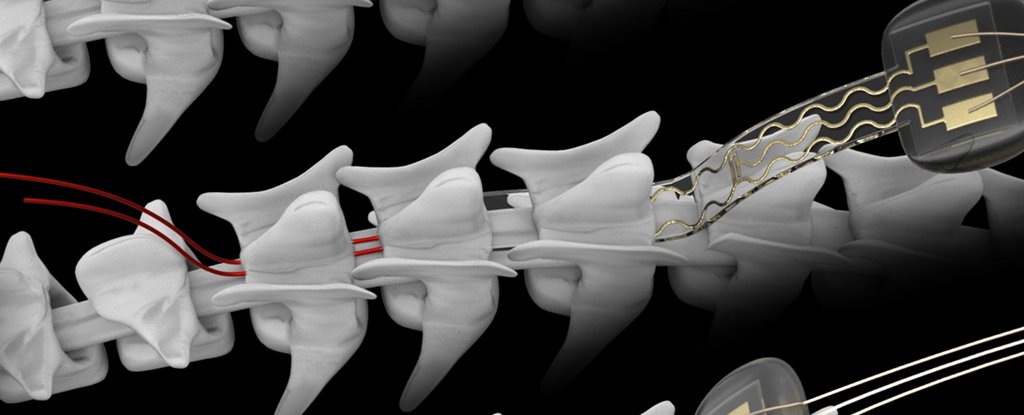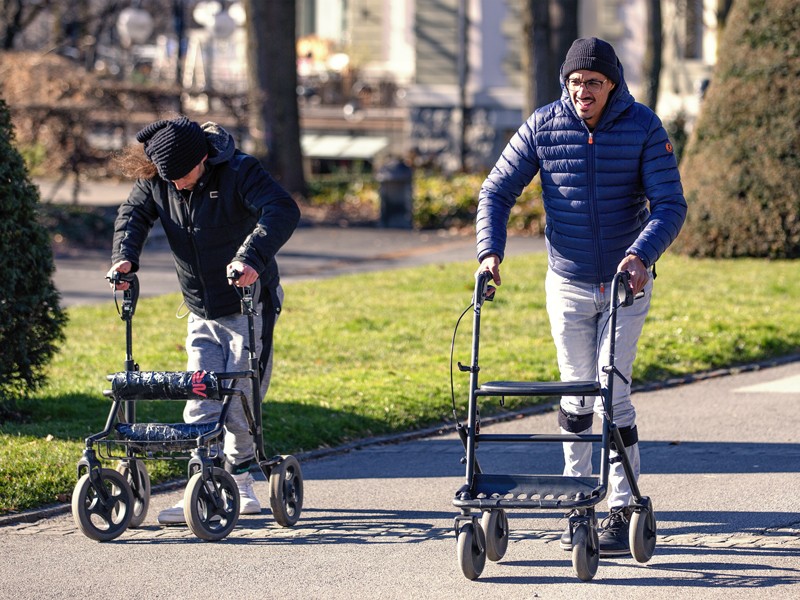
For the first time, an electrical implant helped a paralyzed man with a severed spinal cord walk again. Here’s the update on the latest medical advancement.
Man with severed spine walks again

Thanks to the electrical implant developed by a team of Swiss researchers, a paralyzed man managed to walk after severing his spinal cord in an accident. It has also helped another patient to the extent of being able to become a father. Michel Rocatti, the patient was paralyzed, following a motorbike accident five years ago. The accident was devastating, completely severing his spinal cord. He lost all feeling in his legs but now, he can walk again. “It is a gift to me,” said Michel.
With the help of surgery, the electrical implant was attached to his spine. This is the first time that someone with a severed spinal cord has been able to walk again. The study is published in Nature Medicine. However, they added that this is not a cure for spinal injury. The implant technology is very complicated for everyday life. However, it is a major step towards increasing the quality of life in patients. Since a cure requires a complete regeneration of the spinal cord.
How does the electrical implant work?

The technology is revolutionary in the field of medicine and patient care. The nerves in our spine send signals from the brain to the legs when they want to walk. Unfortunately, they are usually not strong enough to create movement in patients with a damaged spinal cord. However, the electrical implants help by boosting the signal and making the patient walk. “I stand up, walk where I want to, I can walk the stairs – it’s almost a normal life,” said Michel. SO far, a total of nine people have received the implant, gaining the ability to walk again.
Both the technology and a steel resolve are aiding the young Italian’s resolve. “I used to box, run and do fitness training in the gym. But after the accident, I could not do the things that I loved to do, but I did not let my mood go down. Additionally, I never stopped my rehabilitation. I wanted to solve this problem,” stated Michel in an interview with the BBC. The recovery speed impressed the neurosurgeon, Prof. Jocelyn Bloch from the Lausanne University Hospital. “I was extremely surprised. Michel is incredible. He should be able to use this technology to progress and be better and better,” said Prof. Bloch.


